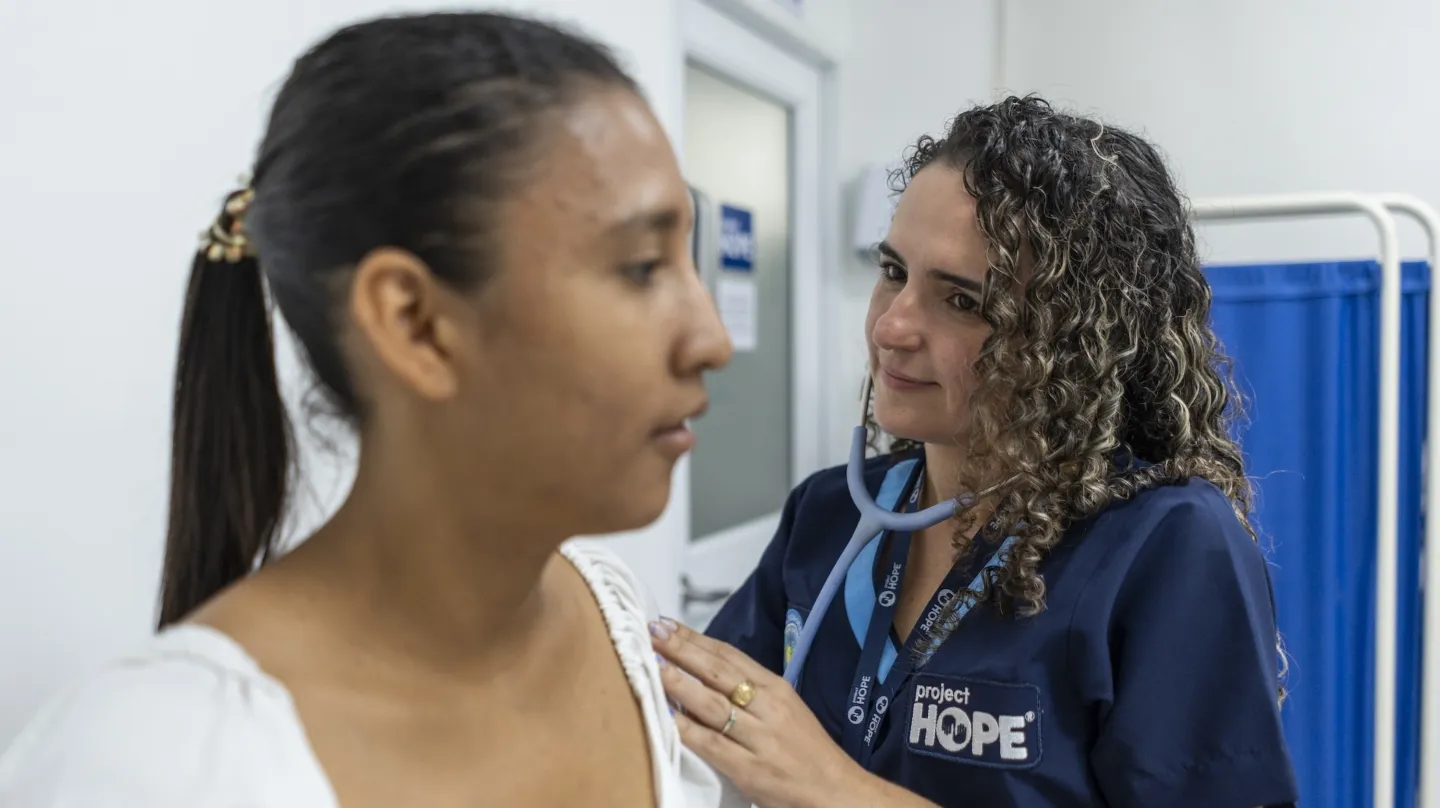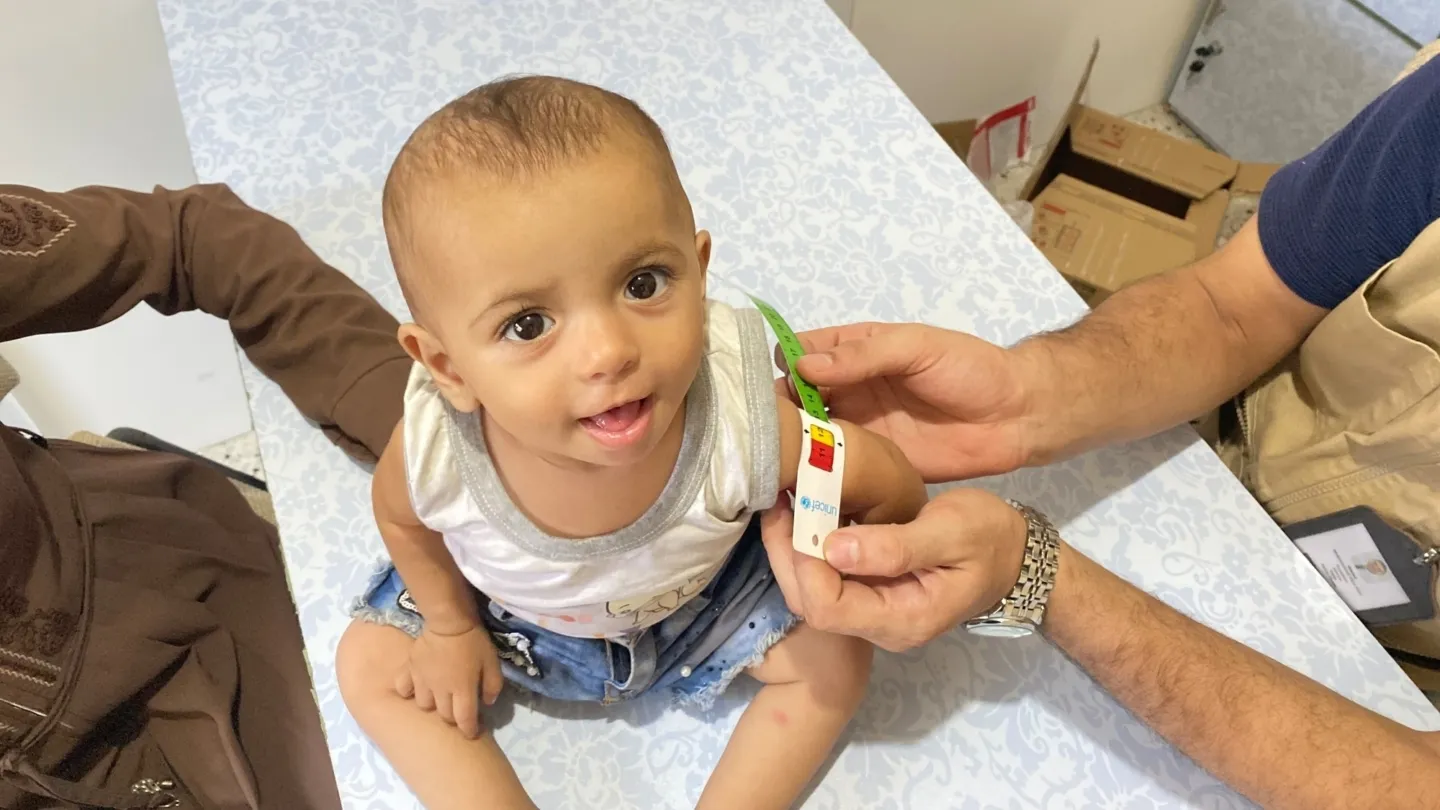Four Voices Changing How Ukraine Sees Disability
In Ukraine, the Rehab4U project is challenging stereotypes and promoting inclusivity for people living with disabilities.
Since the start of Russia’s full-scale invasion in 2022, hundreds of thousands of Ukrainians have sustained life-altering injuries.
The Ministry of Health of Ukraine estimates that more than 250,000 people each year will require rehabilitation services. Behind these numbers are real lives — people adapting to new realities, challenging stereotypes, and redefining what shared humanity means in a country at war.
Among them is Ruslan, a 22-year-old veteran who lost both legs in combat and now devotes himself to supporting his fellow veterans.
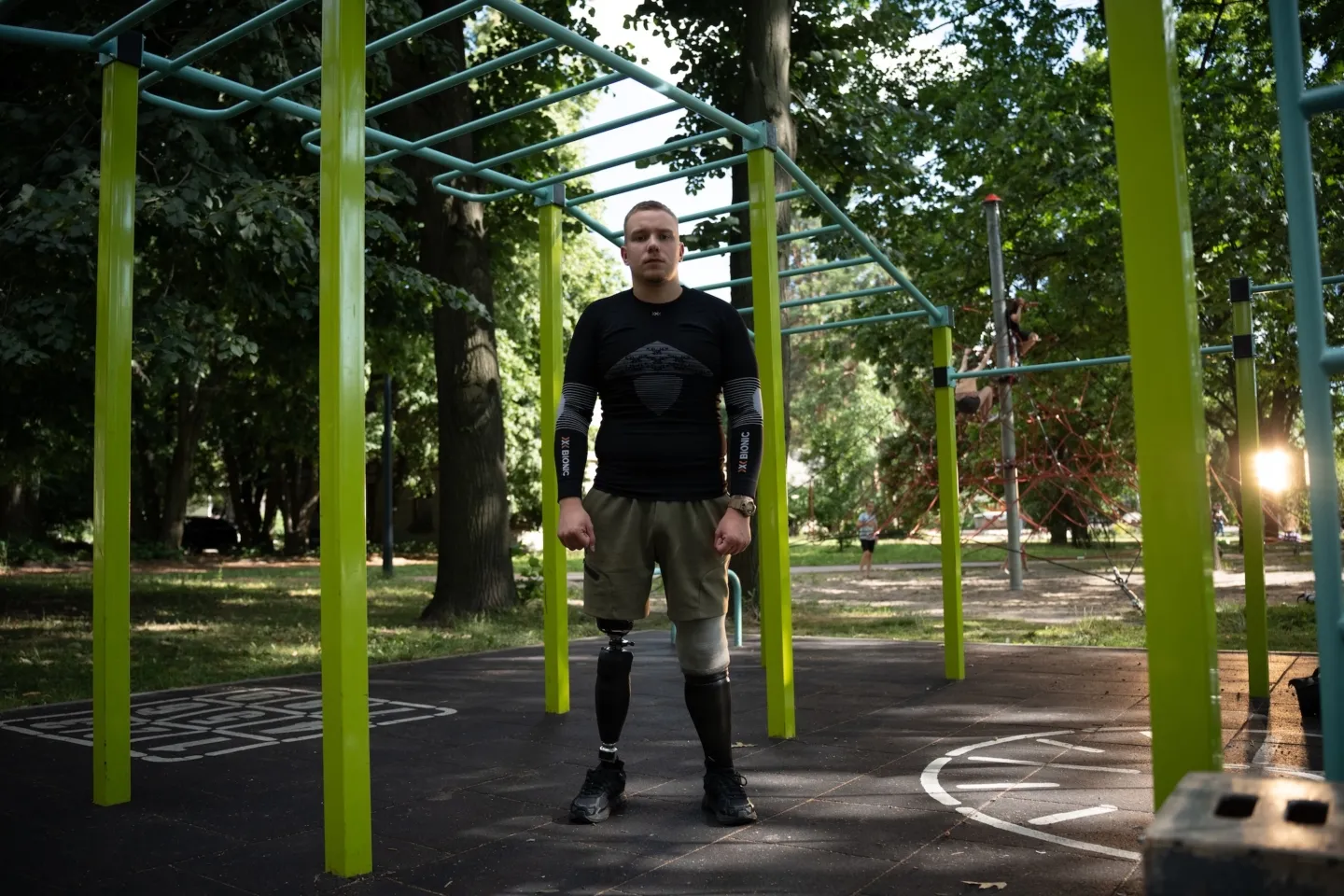
Ruslan, 22, comes from Ivankiv, near Chornobyl. A veteran of the 5th Assault Brigade, his life changed dramatically at the end of 2022 when he sustained severe injuries that led to the amputation of both legs. After a year and a half of rehabilitation, Ruslan has returned to an active life — now as a peer supporter for Ukraine’s veterans.
“When you wake up at 20 years old in a hospital without two legs, it’s a very tough stage — mentally and physically,” he said. “But there’s no other option than to move forward. If we don’t try to become better, there’s no meaning in life.”
Today, Ruslan dedicates himself to advancing veteran initiatives and supporting his fellow soldiers. He believes that seeing positive change at home boosts the morale of those still on the front line. At the gym, reactions vary — a reminder of the long legacy of stigma — but he notes encouraging shifts in attitudes in cities like Lviv and Kyiv.
What keeps him going? Community, sport, and a mission.
“Psychological well-being depends directly on physical health,” he said. “Sports are crucial. If you set your mind on better things, you will do them.”
Yana: ‘We are all the same — just live your life’
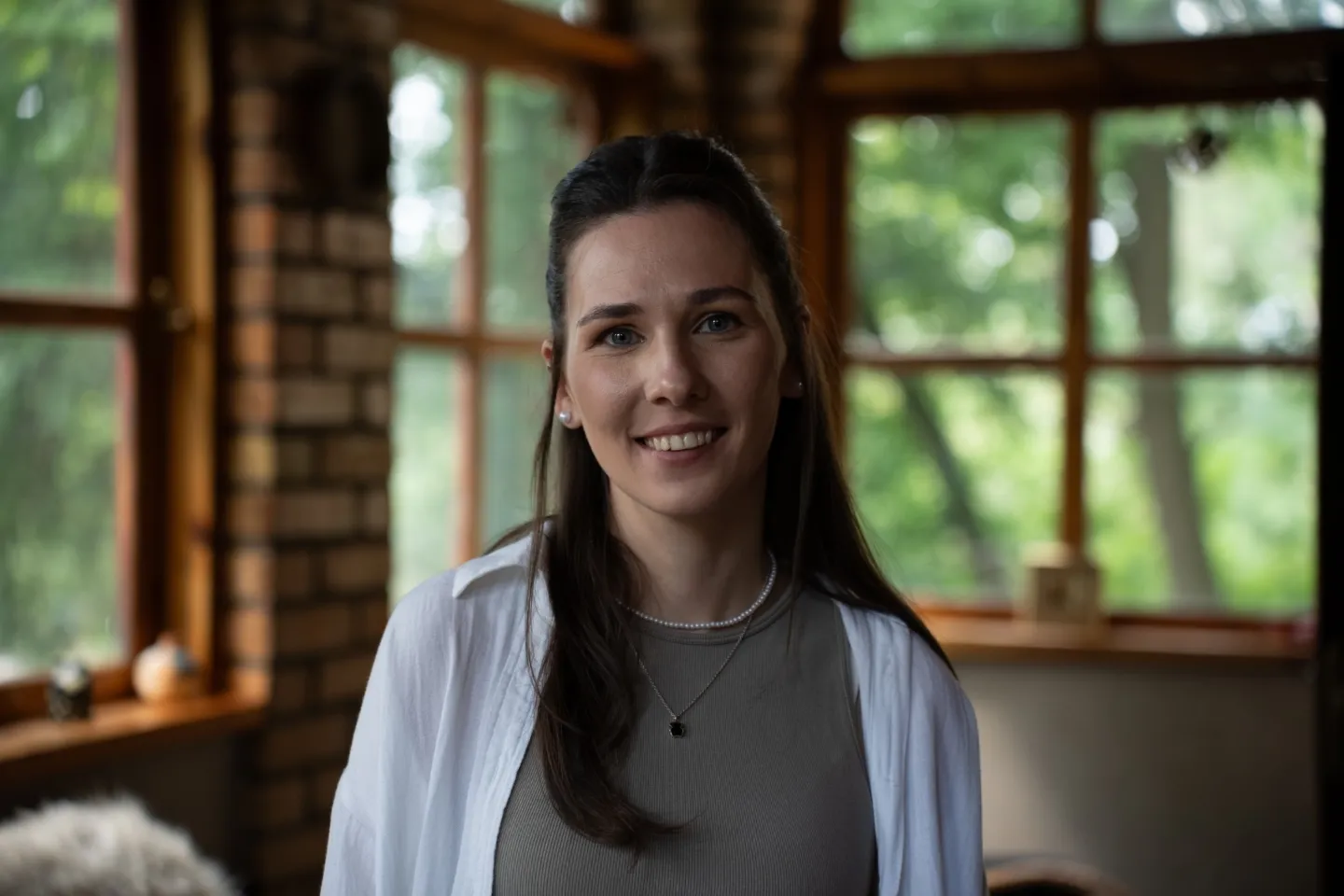
Yana, 28, was born in Baryshivka and now lives in Kyiv. At age two, she lost her hearing after a severe illness and treatment with antibiotics. Today she works in an online shop that sells printed phone cases, packing and shipping orders to platforms like Amazon and Etsy.
She was also recently featured in a music video by the Ukrainian pop star, KOLA. Yana lights up when she can sign along to songs. Performing in Ukrainian Sign Language (USL) is her joy — a way to turn rhythm into movement and show how Deaf culture experiences music.
Sign language is her native mode of communication — the language of her family and her heart.
“I don’t consider myself disabled,” she said. “We are all the same. Just live your life.”
She and her husband, who is hearing, navigate daily life together. While some people react with curiosity and admiration when they learn she signs, others show ignorance or even mockery. Yana has learned not to let it affect her.
Her wish for Ukrainian society is simple: more accessibility in everyday life — subtitles on television, interpreters in hospitals, and basic sign-language knowledge among state service providers.
“I would love it if doctors, social workers, pension fund staff — at least a little — knew sign language,” she said. “That would change so much.”
Yana’s superpower, she says, is helping others: supporting her deaf parents with phone calls, translating for friends, and bridging communication gaps in daily life.
Tamara: ‘Independence is acceptance’
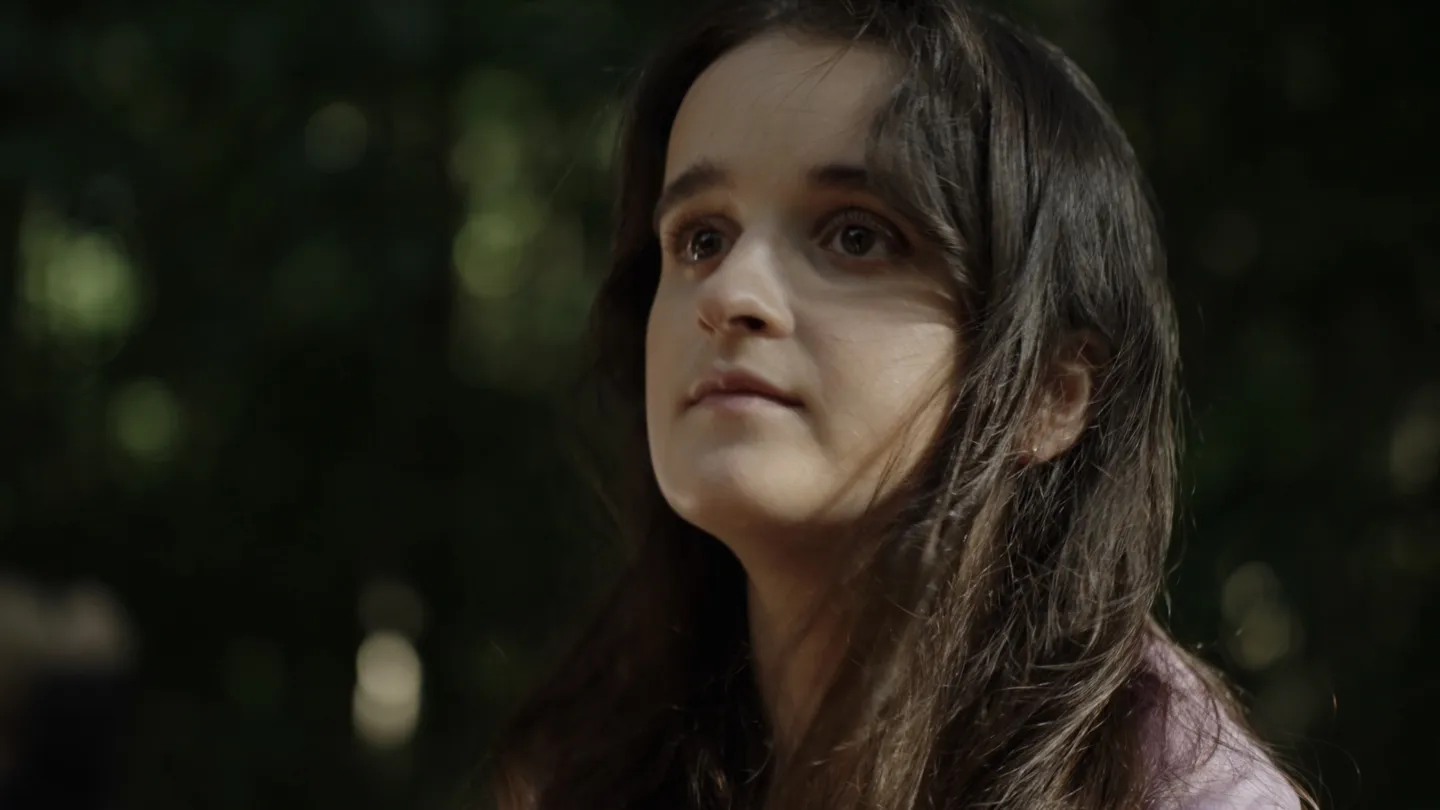
Tamara, 28, from Kyiv, lives with 2% residual vision in one eye. She works with the NGO Modern View, which supports veterans who have lost their sight in the war. Sharing her own experiences, she helps them adapt to life after injury.
Despite the challenges — from navigating public transport to facing pity or misunderstanding — Tamara lives fully independently.
“Yes, sometimes people ask: ‘How can she walk alone? Where’s her guide?’ It used to hurt,” she said. “But over time, I learned to calmly explain how I manage. Now, I don’t let it touch me.”
Her biggest source of strength is the community she works with.
“When I feel like giving up, I think of the veterans I support,” she said. “They didn’t give up. They didn’t succeed on the first try, but they kept going. That gives me strength.”
Her message to others with visual impairments? “Step out of your comfort zone. Accept that you can’t see or see only partially, but it’s not a sentence. You can travel, love, enjoy life, create a family. The world reacts to how you see yourself. If you take one step forward, you’ll want to take another.”
Olena: ‘My superpower is me’
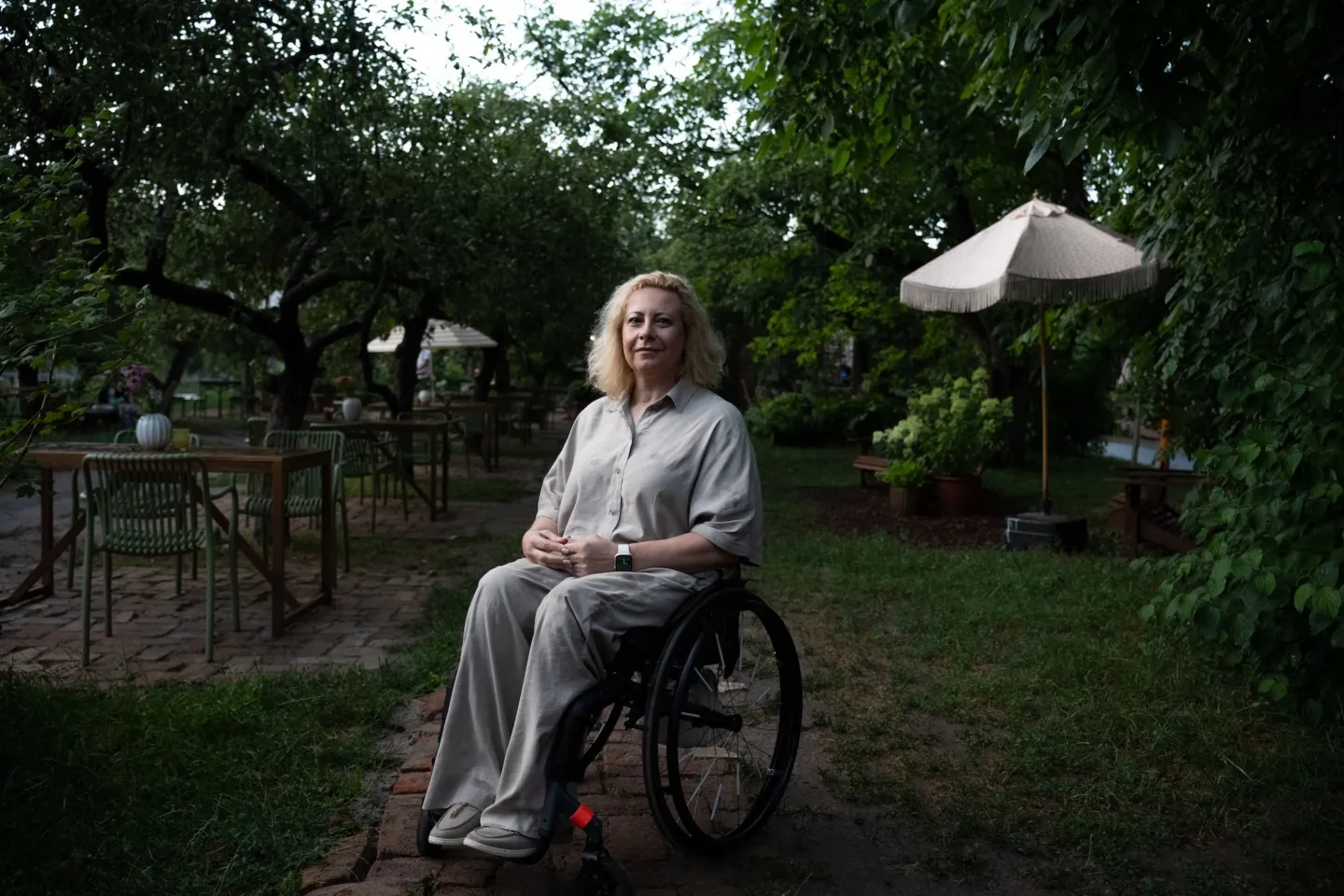
Olena, 55, from Brovary, has spent more than four decades in a wheelchair. At age 13, she was attacked and stabbed, an act of violence that changed her life. Today she is a mother of teenage twins, a journalist, disability rights advisor to the mayor, and consultant on accessibility.
“At first, people only see the wheelchair,” she said. “But once they talk to me, they see the person.”
She has faced countless misconceptions — particularly from transport providers who often refuse service. And yet, she persists.
“People think if we’re in a wheelchair, we must also have mental impairments. That hurts. But I don’t let it stop me,” she said.
For Olena, the greatest obstacle is not physical, but mental.
“Freedom for me is about movement and communication,” she said. “But the biggest challenge isn’t technical — it’s mentality. People must see us as ordinary citizens.”
Her mission today is to lead by example: “With my work, I prove what people with disabilities can do. And when others see it, their perception changes — not only about me, but about everyone in a similar situation,” she said.
Her message is direct. “Disability is not weakness. My superpower is me.”
About the Rehab4U Project
Since 2024, Project HOPE, together with its international partners, have been implementing the Rehabilitation for Ukraine (Rehab4U) project, a five-year initiative to strengthen the rehabilitation sector.
In its first year of the project, Project HOPE has:
- Launched a national awareness campaign to combat stigma, reaching thousands through a social video and educational materials on accessible rehabilitation.
- Developed organizational capacity-strengthening plans based on the assessments facilitated for NAPD and six NGOs supporting veterans and people with disabilities.
- Carried out a baseline survey to measure stigma against people with disabilities across 6 regions (results forthcoming).
The project’s long-term goal is to build a sustainable, effective rehabilitation system that restores functional abilities, supports social participation, and enables economic independence for all who need it.
The voices of Ruslan, Yana, Tamara, and Olena remind us that disability is not about weakness, but about adaptation, resilience, and contribution. Their stories carry a common message: respect, recognition, and fair opportunities make societies stronger.
Do not look for the difference — see the person.
This article is made possible by the generous support of the American people through the United States Government. The contents are the responsibility of Momentum Wheels for Humanity and do not necessarily reflect the views of the United States Government.

